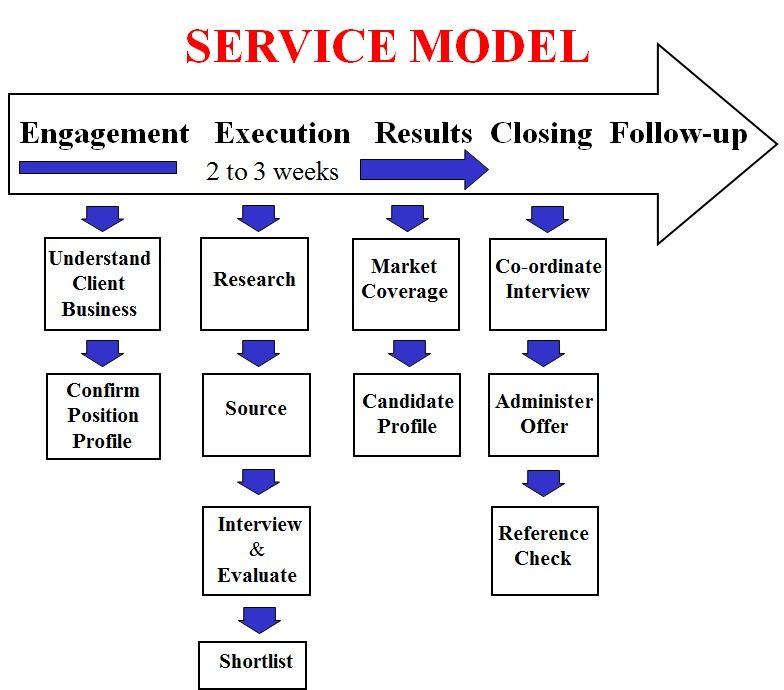By Ben Fletcher
(Ben is Professor of Personal & Organisational Development at the University of Hertfordshire.)
 Appearances can be deceptive. Organisations spend considerable amounts of money recruiting staff. They then continue to spend money on training and paying for people they should not have taken on. In about one-third of new jobs, the selected incumbents can be considered as wrong decisions by the company.
Appearances can be deceptive. Organisations spend considerable amounts of money recruiting staff. They then continue to spend money on training and paying for people they should not have taken on. In about one-third of new jobs, the selected incumbents can be considered as wrong decisions by the company. This state of affairs is not the fault of the recruitment firm. On the contrary, companies that use recruitment services are much LESS likely to make these kinds of mistakes because the client is required to clarify what they really want when giving the brief, and the successful candidate will be more suitable.
Employers make all sorts of mistakes when selecting candidates for a job. These mistakes fall into different areas:
Inadequate specification of needs
The company has a vacancy because someone has left, or alternatively a new job has been created. In both cases, it is not uncommon for the client to be unsure about what needs they really have. This is not just because people do not work to job descriptions in the real world, but also because the operational managers (as opposed to the HR professionals) cannot communicate their real needs. They know what they want done, but not what might do the job. Alternatively, they might have a constrained view of who could fill the job or what skills they need. It almost always pays to spend time on getting a clear job/person specification and to do it properly. It is definitely cheaper than years of employing the wrong people.
Believing that you do not need the professionals
Professional recruitment companies do more than you might think. The best ones attract the best candidates, they can talk their language (and make sure you do), they know the markets and the options; they can assist throughout the entire process. Do not forget their job is recruitment even if you only hire new staff occasionally. You could do it but doubtlessly, at more long term cost.
Internal company politics
Unfortunately, people interfere in the recruitment process in ways they should not. It might be that a boss has a particular axe to grind or a way of doing things. It might be that the last job incumbent messed up and that some incidental and irrelevant characteristic has been blamed for it. Unfortunately, humans are prone to believing in the causal significance of completely irrelevant coincidences. This can be true of bosses too!
Wanting the impossible or the very unlikely
Another common problem is the employer who does not know the candidate pool well, so they want a person with a particular experience mix, or qualifications that are unusual. Perhaps the last person they had in the job was the one in a million whose skills profile they had taken for granted. It is a fundamental law that the rarer it is the more expensive it is, or the more difficult to get. It is better to be flexible as an employer, too. People can soon grow into roles and niches they did not fit exactly before. You might even find they bring something innovative that you had not thought of.
Not staying focused on need
It goes without saying, but people get sidetracked easily in the selection process. There are a number of ways this can happen. It might be the problem of 'seduction'. Perhaps one candidate has skills that - although not important for the particular job - would be useful in a different role. Or perhaps they come from a competitor and might have useful information. Keep to the agenda unless there are compelling reasons to deviate. Even then, remember that a different job spec would have attracted a different set of candidates.
Poor selection from amongst the possible
There are many reasons companies fail to choose the best candidate put before them. These range from poor methods such as unstructured or unprofessional interviewing, taking too much notice of the irrelevant or allowing prejudices to cloud judgement. Some companies cannot even be persuaded to see the best candidates.
Hiring what you know, not the best
Another fundamental law is that peo
 ple like the predictability and certainty of choosing people that are 'like them'. This is a group identity need. Often people like the job to be done with a style and in a certain way for no other reason than that is the way they do it or are used to seeing it done. This is not efficient. Indeed, this Comfort Zone is a dangerous place indeed for performance and responsiveness and innovation in business. Take professional advice. Look at what you don't know - it might prove better.
ple like the predictability and certainty of choosing people that are 'like them'. This is a group identity need. Often people like the job to be done with a style and in a certain way for no other reason than that is the way they do it or are used to seeing it done. This is not efficient. Indeed, this Comfort Zone is a dangerous place indeed for performance and responsiveness and innovation in business. Take professional advice. Look at what you don't know - it might prove better. There is no panacea for these problems, but awareness of them is a starting point. As a single piece of advice I would say try to survey the territory from another tree.






1 comment:
This was some of the best information that I got from your blog. My friend suggested me to visit this blog. Really good one!
Post a Comment